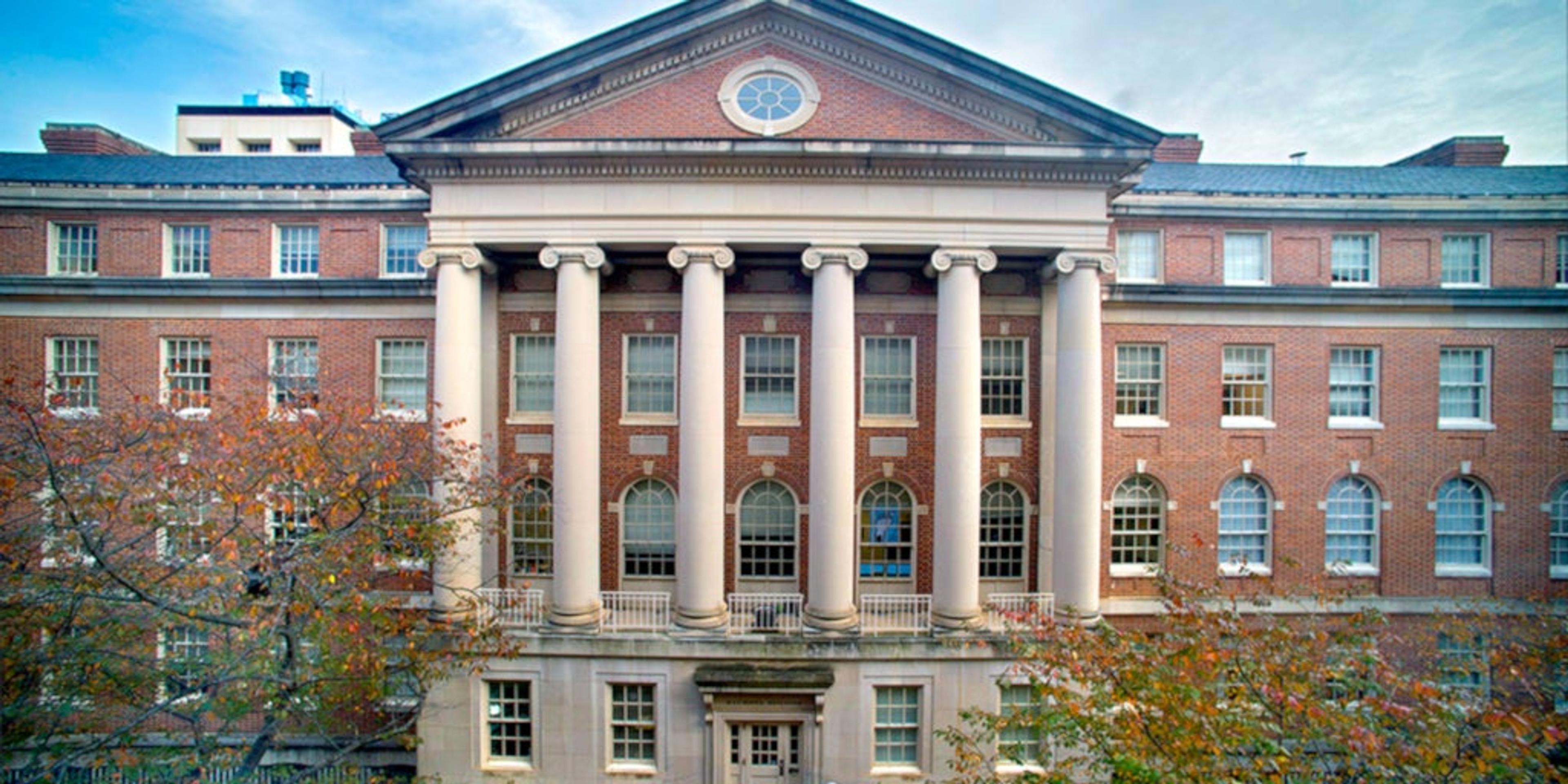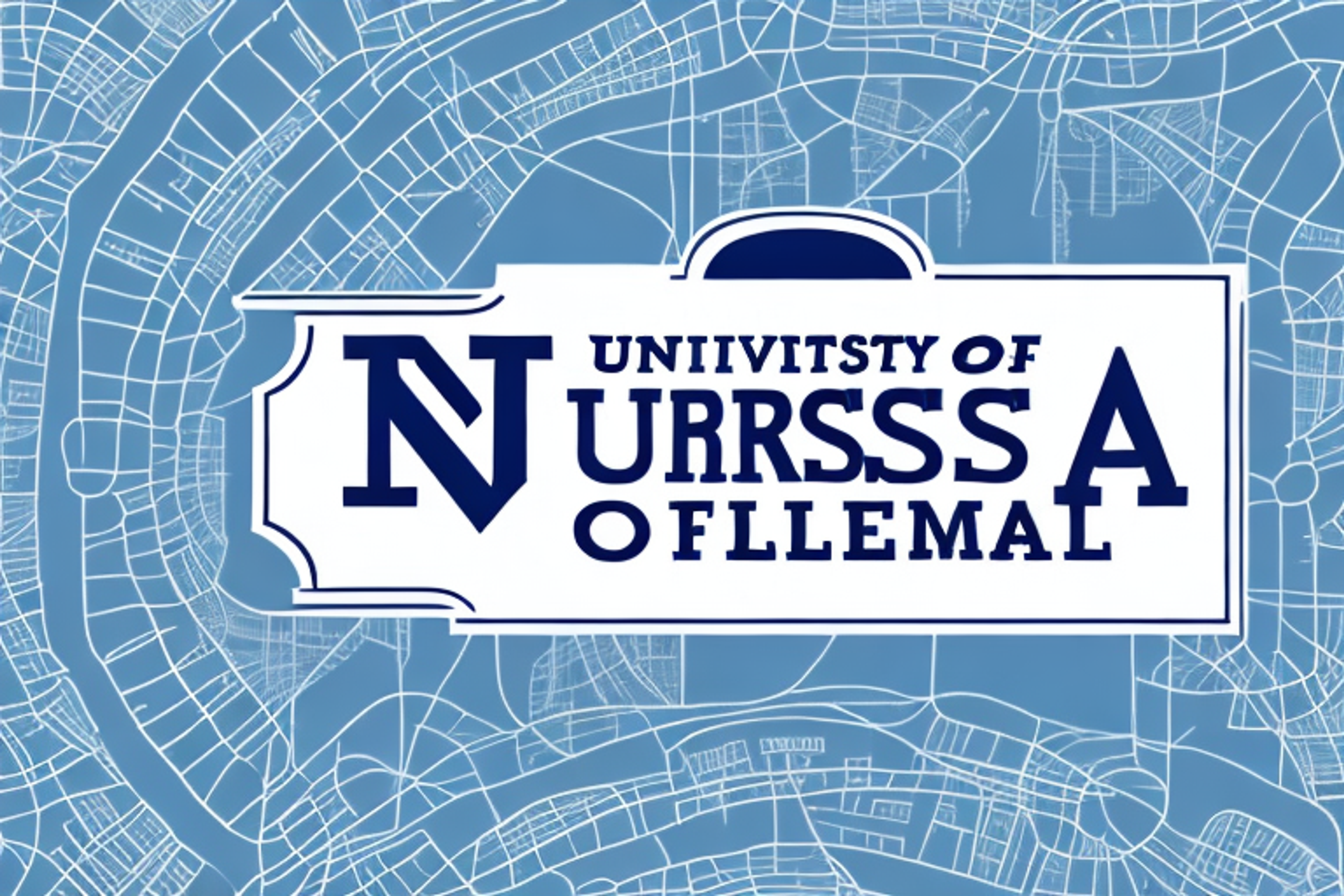University of California–Davis School of Medicine: Admission Requirements and Application Process
Learn about the admission requirements and application process for the University of California–Davis School of Medicine.
Posted April 10, 2025

Table of Contents
Free Event

Featuring Jaspreet K.
Ask Me Anything: Medical School Applications
Starting Friday, April 25
12:00 AM UTC · 30 minutes

Featuring Jaspreet K.
Considering pursuing a career in medicine at the University of California–Davis School of Medicine (UC Davis)? This prestigious institution's admissions process can be highly selective, with only a small percentage of applicants admitted each year. In this article, we breakdown the admission requirements and application process for UC Davis, giving you the information you need to prepare a strong application.
Why Choose the University of California–Davis School of Medicine?
UC Davis School of Medicine has a long history of excellence in medical education, research, and patient care. The school has a strong commitment to diversity and inclusion, with a focus on community engagement and improving health outcomes for underserved populations. Additionally, UC Davis has state-of-the-art facilities, a robust curriculum, and numerous opportunities for medical students to get involved in research and clinical care.
One of the unique aspects of UC Davis School of Medicine is its emphasis on interdisciplinary collaboration. Medical students have the opportunity to work with faculty and students from other health professions, such as nursing, pharmacy, and public health, to provide comprehensive care to patients. This approach not only improves patient outcomes but also prepares students for the real-world healthcare environment.
Furthermore, UC Davis School of Medicine is located in Sacramento, the capital of California. This provides students with access to a diverse patient population and a variety of healthcare settings, including community clinics, academic medical centers, and government agencies. The school also has partnerships with local healthcare organizations, allowing students to gain hands-on experience and make meaningful contributions to the community.
What are the Admission Requirements for the University of California–Davis School of Medicine?
UC Davis School of Medicine has high admission standards, requiring applicants to demonstrate academic excellence, relevant experience, and personal qualities that align with the school's mission. Here are the basic requirements:
- A bachelor's degree from an accredited institution
- Completion of prerequisite coursework in the sciences and humanities with a minimum of a "B" average
- Minimum MCAT score of 500
- Letters of recommendation (3 required, 4 recommended)
- Personal statement and secondary application essays
- Interview with members of the admissions committee (by invitation only)
In addition to the basic requirements, UC Davis School of Medicine also values diversity and encourages applicants from underrepresented backgrounds to apply. The school also considers applicants who have overcome significant challenges or have unique life experiences that have prepared them for a career in medicine.
Furthermore, UC Davis School of Medicine offers a variety of programs and resources to support its students, including a mentorship program, research opportunities, and clinical experiences in underserved communities. The school also has a strong commitment to community service and encourages its students to engage in volunteer work and advocacy efforts.
Preparing for the Medical College Admissions Test (MCAT)
The MCAT is a crucial component of the medical school application process. It tests knowledge and skills in the natural sciences, critical thinking, and reasoning. UC Davis requires a minimum score of 500, but the average score for admitted students is much higher. It's essential to prepare thoroughly for this exam, considering taking a MCAT preparatory course, and allotting ample study time.
Additionally, it's important to note that the MCAT is a computer-based test that takes approximately 7.5 hours to complete. It consists of four sections: Biological and Biochemical Foundations of Living Systems, Chemical and Physical Foundations of Biological Systems, Psychological, Social, and Biological Foundations of Behavior, and Critical Analysis and Reasoning Skills. Each section is timed, and there are breaks in between. It's crucial to familiarize yourself with the format and timing of the exam to ensure that you can manage your time effectively during the test.
Tips for Writing a Compelling Personal Statement
Your personal statement is a chance to showcase who you are, why you want to pursue medicine, and what makes you unique. Take this opportunity to tell your story, highlight your strengths, and reflect on your values. Be authentic, engaging and avoid cliches. Get feedback from trusted mentors, friends, or family members who can provide constructive criticism and support.
When writing your personal statement, it's important to keep in mind the specific requirements of the program or institution you are applying to. Make sure to tailor your statement to their mission and values, and highlight how your own goals align with theirs. This will show that you have done your research and are genuinely interested in their program.
Additionally, don't be afraid to showcase your unique experiences and perspectives. Admissions committees are looking for individuals who bring diversity and different perspectives to their program. Highlight any experiences you have had that have shaped your worldview and how they have influenced your decision to pursue medicine.
Gathering Your Letters of Recommendation
Choose recommenders who know you well and can speak to your academic potential, work ethic, and personal qualities relevant to medical school. Ideally, at least one of your letters should be from a science professor who taught you in a course for which you earned a high grade. Other recommenders may include physicians, supervisors of clinical or research work, or advisors.
It is important to give your recommenders enough time to write a strong letter on your behalf. You should ask them at least a month before the deadline and provide them with all the necessary information, such as your resume, personal statement, and a list of schools you are applying to. It is also a good idea to remind them a week before the deadline and thank them for their time and effort.
Understanding the Different Application Types: AMCAS, TMDSAS, and AACOMAS
Depending on where you reside, you may need to apply through one of three centralized application services: AMCAS (American Medical College Application Service), TMDSAS (Texas Medical and Dental Schools Application Service), or AACOMAS (American Association of Colleges of Osteopathic Medicine Application Service). UC Davis accepts all three application types, and you should choose the one that aligns with your background and circumstances.
AMCAS is the most widely used application service, and it is accepted by most medical schools in the United States. It is used by applicants who are applying to allopathic medical schools. TMDSAS is used by applicants who are applying to medical and dental schools in Texas. It is important to note that TMDSAS only accepts applications from Texas residents or those who have established residency in Texas. AACOMAS is used by applicants who are applying to osteopathic medical schools.
Each application service has its own set of requirements and deadlines, so it is important to carefully review the instructions and guidelines for each one. It is also important to note that some medical schools may require additional supplemental applications or materials, so be sure to check each school's website for specific requirements.
How to Apply to the University of California–Davis School of Medicine
To apply to UC Davis, you need to complete the following steps:
- Submit your primary application through AMCAS, TMDSAS, or AACOMAS.
- Complete the UC Davis secondary application.
- Submit all required documentation, including transcripts and test scores.
The Importance of Timely Submission and Meeting Deadlines
Submitting a complete and polished application on time is essential to a successful medical school application. Admissions committees often review applications on a rolling basis, and late or incomplete applications may not receive consideration. Carefully review the application deadline and plan to submit your application well in advance of this date.
What Happens After You Submit Your Application?
Once your application is complete, the UC Davis admissions committee will review it and score it using a holistic approach. If the committee is interested in exploring your candidacy further, they will invite you for an interview. You'll be notified of the results of your application via an online portal.
Interviewing at the University of California–Davis School of Medicine: What to Expect
Interviews are an opportunity for the admissions committee to get to know you better and understand your motivations and goals for pursuing medicine. You'll likely be asked about your experiences, your understanding of healthcare, and your knowledge of UC Davis. Be prepared to ask thoughtful questions and demonstrate integrity, compassion, and professionalism.
Financing Your Medical Education: Scholarships, Grants, and Loans Available at UC Davis
Medical school can be expensive, and it's essential to plan for the financial commitment required. UC Davis offers numerous scholarships, grants, and loans to help students afford the cost of tuition, fees, and living expenses. Explore your options early and be sure to submit all required documents for financial aid consideration.
Life as a Medical Student at UC Davis: Curriculum and Student Experience
UC Davis School of Medicine offers an immersive curriculum that integrates clinical experience, hands-on learning, and research projects. Students often get involved in extracurricular activities, mentorship programs, and community outreach initiatives. UC Davis also has a supportive and diverse student community, with numerous resources available to enhance your medical school experience.
Career Opportunities After Graduating from UC Davis Medical School
UC Davis School of Medicine has a strong record of placing its graduates in competitive residency and fellowship programs across the country. Alumni have gone on to prestigious careers in academic medicine, research, clinical practice, and public health. The skills and knowledge you gain from your time at UC Davis will prepare you for numerous pathways in medicine.
Conclusion: Is UC Davis right for you?
UC Davis School of Medicine can be an excellent fit for students who value scientific inquiry, patient care, and social responsibility. The school offers a rigorous and supportive environment that prepares students well for a career in medicine. If you're interested in applying to UC Davis, take the time to learn more about the school's values, resources, and community. Best of luck!











